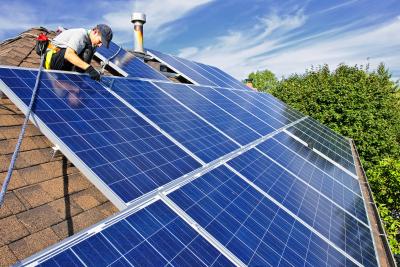- Neighborhoods
-
Community
-
- Overview History Vision Newsroom News Releases Pilot Newsletter Media Contact Projects Volunteer
- Engage Milwaukie Events City Calendar Recreation Biking in Milwaukie Parks and Trails Directory North Clackamas Parks and Recreation Reserve a Room Library
- Schools North Clackamas School District MHS Student of the Month Public Safety Police Clackamas Fire District #1 Code Compliance Emergency Preparedness Emergency Notifications Garbage & Recycling
-
- Business
- Departments
-
Useful Links
-
- Jobs Alerts & Notifications Email Subscriptions Emergency Notifications Meetings City Services A-Z Mapping & GIS
- Contact the City Staff Directory Request a Public Record Report a Code Violation Report a Pothole Report Misconduct Schedule an Inspection Documents & Forms Documents and Reports Forms, Permits, and Applications
- Helpful Links Digital Archives Library Catalog Municipal Code Purchase a Parking Permit Paperless Billing Pay a Ticket or Utility Bill Urban Forest
-
Solarize Milwaukie
In 2017, Milwaukie held a city-wide pilot program to help homes in the community go solar. Solarize Milwaukie's goal was to lower the cost of solar panels through bulk purchasing and take advantage of available tax credits.
Solar energy offers many benefits to homeowners. In most cases, the payback for the average solar system is about six years with an overall lifespan of 30 years or longer. Additionally, homes with solar energy reduce their energy bills between 14-54%, while adding approximately $12,000 to the home’s value. Solar homes typically sell twice as fast as their conventional counterparts as well.
This program has ended - Milwaukie is considering a Solarize 2.0 campaign, and will update community members as that project develops.
For more information on solar, to locate contractors, and learn about incentives, visit https://solaroregon.org/.
Benefits of a Home Solar System
Sustainable: Not only is solar energy sustainable, it is renewable, meaning that it won’t ever run out. As long as the sun is shining, it will harvest its energy.
Lower Emissions: The manufacturing of solar panels does produce some greenhouse gas emissions from the energy required to create the materials for the panels and for installation. Solar panel production can use heavy metals such as lead, mercury and cadmium. However, even after considering these aspects of production, the greenhouse gas emissions from the production of solar panels is significantly less than using non-renewable forms of energy. Once panels are made and installed, they produce virtually no emissions throughout their use.
Low Maintenance: Once a solar system is installed, it requires very little maintenance.
Cost-Effective: Solar energy is almost comparable in price to energy created from fossil fuels. At 8 cents a kilowatt hour, Oregon has some of the cheapest power in the nation, if not the world. That being said, as solar technology continues to improve, solar is getting closer to being equivalent in price and solar experts say that in the near future solar will be cheaper than conventional fossil fuel-burning power.
Silent: Solar energy is a silent producer, meaning zero sound is created when the sun’s energy is converted into electricity.
Proven: Solar has been an effective means of generating electricity for more than six decades. Technology continues to improve regularly, making the technology cheaper and more efficient.
Frequently Asked Questions
It’s so cloudy in Milwaukie! Does solar make sense here?
For many homes in Milwaukie, solar panels work just fine! Germany is a world leader in solar energy and gets an amount of sun comparable to our region. However, sun exposure varies roof to roof. To get an estimate of your home’s sun exposure, type your address into Google’s Project Sunroof at www.google.com/get/sunroof.
How much money will I save?
The savings will depend on how much sun your roof gets, the efficiency of your system, and how much electricity you use. Many people in this region find that their solar panels pay for themselves in seven to eight years, and produce all the electricity they need to run their homes.
What if I can’t install panels where I live (I don’t own the property, it’s an apartment or it’s too shady)?
The city hopes to include community solar in future campaigns. Community solar allows citizens to buy into collectively-owned, off-site solar arrays. Stay tuned! In the meantime, you can find energy-efficiency tips at the Energy Star website to save money and reduce your carbon footprint at www.energystar.gov.
Where can I find more information?
For more information on solar go to energytrust.org/solar or to https://solaroregon.org/.


